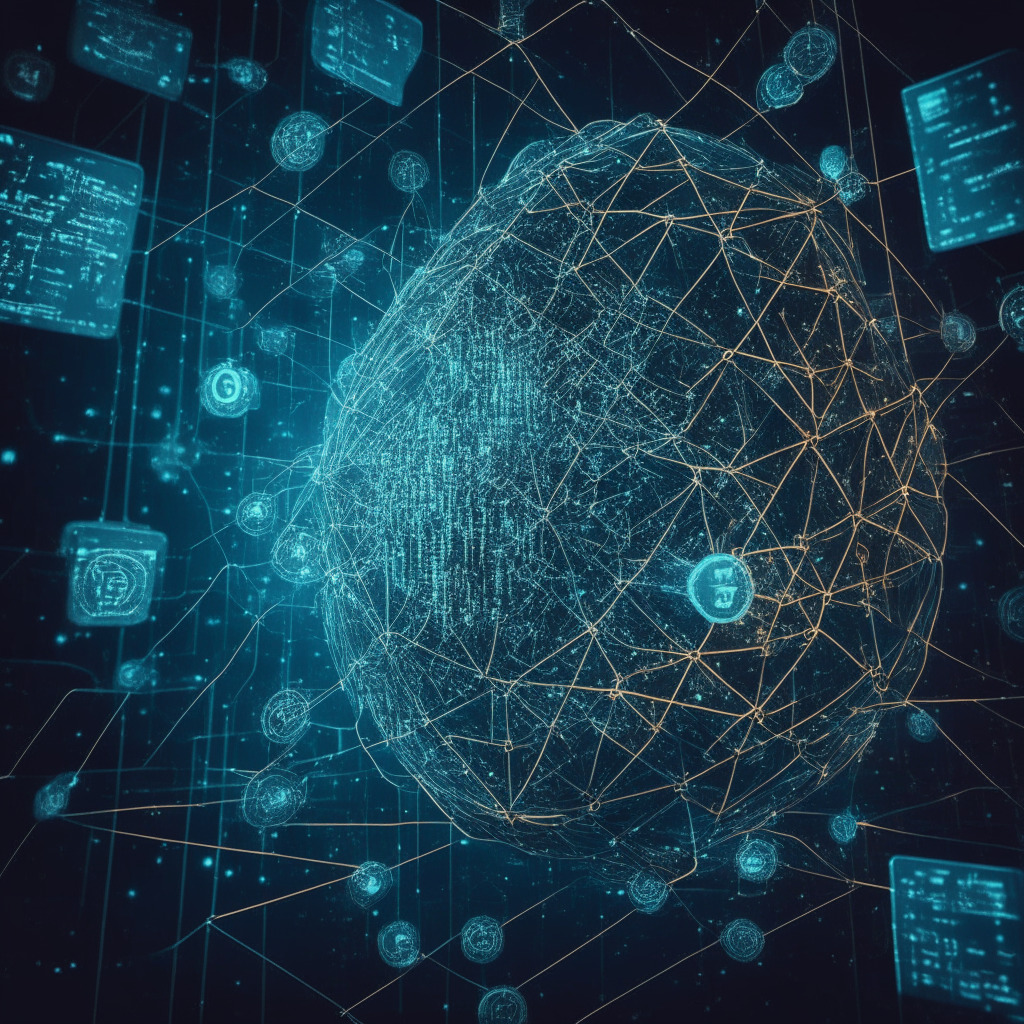On August 15, Google disclosed a series of upgrades to its search engine, leveraging advanced generative artificial intelligence (AI) features. Asserting that these enhancements would enhance online information discovery and comprehension, Google introduced features designed to streamline search functions and encourage new perspectives and insights.
The update bolsters the foundation of Google’s Search Generative Experience (SGE), which was launched in beta earlier this year. The SGE provides users with AI-driven overviews and suggestions, aiming to enrich search results. One feature currently undergoing testing allows users to access an AI-produced summary of a webpage’s central topics, speeding up navigation within complex or lengthy articles.
Comparably, Microsoft’s Bing Chat had already introduced similar summarization functions prior to Google’s deployment of generative AI in February. However, Google maintains its superiority in comprehending web content and semantics.
Despite these innovations, we must be mindful of the potential drawbacks. Over-reliance on AI could, some experts warn, jeopardize individual analytical abilities. One could argue that by outsourcing our need to understood and comprehend complex information to AI, we may slowly lose our ability to sift through and understand dense information ourselves.
In parallel, Quantum Blockchain Technologies (QBT), a UK-based company, is developing unique artificial intelligence (AI)-powered algorithms to increase the chances of winning in Bitcoin mining. According to Francesco Gardin, the CEO of QBT, the company has developed two different search methods which enhance the performance of ASIC miners. One method reportedly improves mining efficiency by 10%, and the other increases the probability of finding a winning hash by 260%.
Bearing in mind the concentration of power in the hands of a few ASIC manufacturers and the considerable amounts of energy Bitcoin mining necessitates, these developments could be pivotal in the Bitcoin mining industry. Gardin’s assertion that the Bitcoin mining process currently lacks intelligence or strategy and relies on brute force and luck contrasts starkly with QBT’s approach, which incorporates AI advances capable of reshaping the industry in the long run.
Before we hail this as a revolution in mining techniques, it is important to remain conscious of the potential concerns. Incorporating AI into Bitcoin mining might lead to complications such as further consolidation of mining power, leading to a lack of decentralization—a fundamental principle of blockchain technology.
Complex as this may sound, it’s all a part of the larger narrative of technological innovation in the cryptocurrency world. A tale of progress and challenges, it underlines the importance of treading cautiously as we adopt cutting-edge technologies.
Source: Cointelegraph




